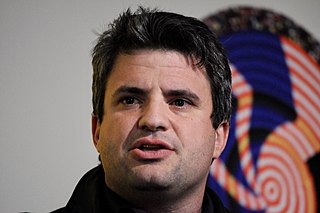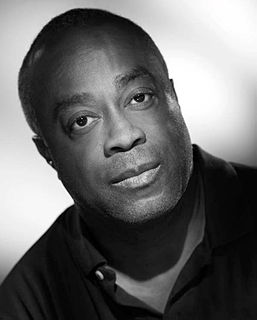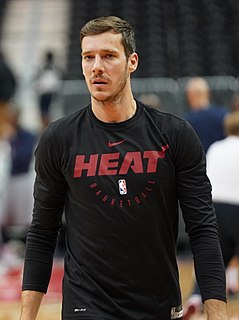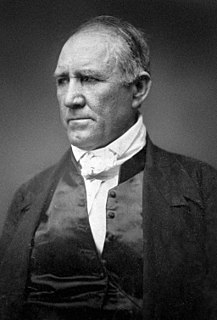A Quote by Bryan Stevenson
There were people in the South who were ardently opposed to slavery. And maybe, if we get into truth and reconciliation, those will be the people we want to name schools and streets after.
Related Quotes
Most of us who were opposed to the war, especially in the early '60's - the war we were opposed to was the war on South Vietnam which destroyed South Vietnam's rural society. The South was devastated. But now anyone who opposed this atrocity is regarded as having defended North Vietnam. And that's part of the effort to present the war as if it were a war between South Vietnam and North Vietnam with the United States helping the South. Of course it's fabrication. But it's "official truth" now.
It was very clear to me in 1965, in Mississippi, that, as a lawyer, I could get people into schools, desegregate the schools, but if they were kicked off the plantations - and if they didn't have food, didn't have jobs, didn't have health care, didn't have the means to exercise those civil rights, we were not going to have success.
The real names of our people were destroyed during slavery. The last name of my forefathers was taken from them when they were brought to America and made slaves, and then the name of the slave master was given, which we refuse, we reject that name today and refuse it. I never acknowledge it whatsoever.
Coming from the South and growing up in L.A. where it was so segregated - worse than the South in many ways - all the people in my neighborhood were from the South. So you had that Southern cultured environment. The church was very important. And there were these folk ways that were there. I was always fascinated by these Southern stories, people would share these mystified experiences of the South. I wanted to talk about folklore.
It is the first time since 1993 that Russians have come out into the streets without an explicit permission from the government to do so. The main difference between the protests of 2011-2012 and these protests today is that they didn't have permits. These were - the people who were coming out into the streets were very young people, for the most part, who knew that they were all risking arrest. It's an extraordinary event.
People were consuming on average less calories after the war than during the war. Things were still very tough. If you look at the film footage of London streets, even in areas which weren't slums, there are kids in the streets who are dirty and have no shoes on. It was rough. There was a real edge.
I have ever been opposed to banks, - opposed to internal improvements by the general government, - opposed to distribution of public lands among the states, - opposed to taking the power from the hands of the people, - opposed to special monopolies, - opposed to a protective tariff, - opposed to a latitudinal construction of the constitution, - opposed to slavery agitation and disunion. This is my democracy. Point to a single act of my public career not in keeping with these principles.
People want to know why the South is so interested in the Civil War. I had maybe, it's a rough guess, about fifty fistfights in my life. Out of those fifty fistfights, the ones that I had the most vivid memory of were the ones I lost. I think that's one reason why the South remembers the war more than the North does.



































